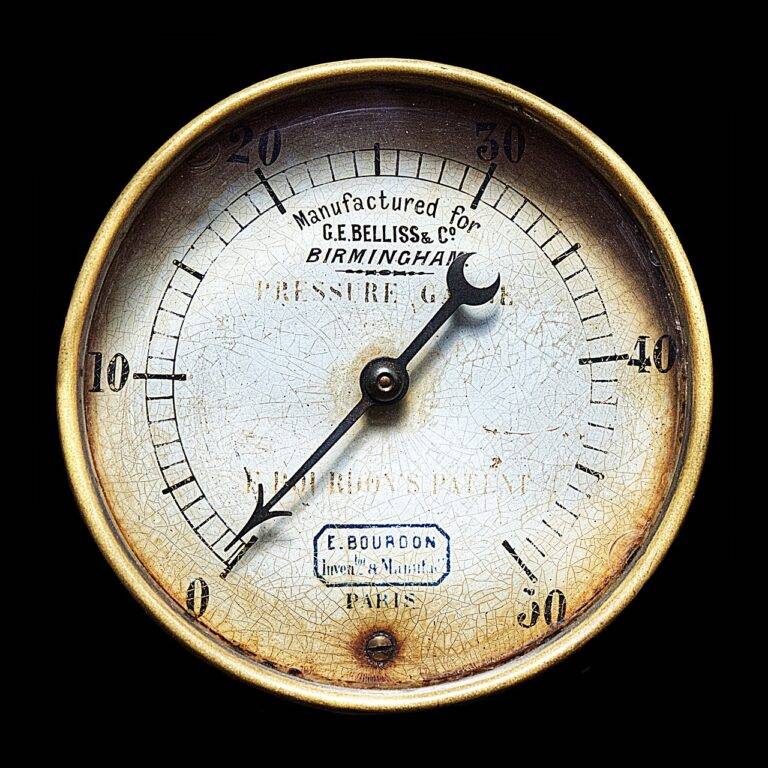The Rise of Quantum Sensors in Healthcare
Quantum sensors are emerging as powerful tools in healthcare, revolutionizing diagnostics, monitoring, and treatment methods. In this article, we’ll explore the rise of quantum sensors in healthcare and their potential to transform the industry.
Quantum sensors utilize the principles of quantum mechanics to achieve unprecedented levels of sensitivity and precision. These devices leverage quantum phenomena such as superposition and entanglement to detect subtle changes in physical and biological systems, enabling early disease detection, personalized medicine, and more effective therapies.
The Advantages of Quantum Sensors
1. Ultra-High Sensitivity: Quantum sensors can detect tiny changes in magnetic fields, light, temperature, and other physical parameters with unmatched sensitivity, making them ideal for detecting biomarkers and disease indicators.
2. Enhanced Imaging Capabilities: Quantum sensors enable high-resolution imaging techniques, such as magnetic resonance imaging (MRI) and positron emission tomography (PET), providing detailed insights into the structure and function of tissues and organs.
3. Real-Time Monitoring: Quantum sensors can continuously monitor vital signs, biomarkers, and physiological parameters in real-time, allowing for early intervention and personalized treatment strategies.
4. Non-Invasive Diagnostics: Quantum sensors enable non-invasive diagnostic methods that reduce patient discomfort and risk, offering a safer and more comfortable healthcare experience.
Applications of Quantum Sensors in Healthcare
1. Early Disease Detection: Quantum sensors can detect biomarkers associated with various diseases, such as cancer, cardiovascular disorders, and neurological conditions, enabling early diagnosis and intervention.
2. Drug Development: Quantum sensors facilitate drug discovery and development by providing insights into molecular interactions, drug efficacy, and pharmacokinetics.
3. Remote Patient Monitoring: Quantum sensors enable remote monitoring of patients’ health status, allowing healthcare providers to track vital signs and disease progression without the need for frequent hospital visits.
4. Personalized Medicine: Quantum sensors support personalized medicine approaches by enabling precise diagnosis, treatment monitoring, and therapy adjustment based on individual patient characteristics.
Challenges and Considerations
While quantum sensors offer promising benefits for healthcare, several challenges and considerations need to be addressed:
- Cost and Accessibility: Quantum sensor technology is still relatively expensive and may not be accessible to all healthcare providers and facilities.
- Standardization: Establishing standards for quantum sensor calibration, data interpretation, and integration into healthcare workflows is essential to ensure reliability and interoperability.
- Ethical and Regulatory Considerations: As with any new technology, ethical and regulatory considerations must be addressed to ensure patient privacy, data security, and responsible use.
FAQs
Q: What are quantum sensors?
A: Quantum sensors are devices that leverage the principles of quantum mechanics to detect and measure physical quantities with ultra-high sensitivity and precision.
Q: How are quantum sensors used in healthcare?
A: Quantum sensors are used in healthcare for early disease detection, drug development, remote patient monitoring, and personalized medicine.
Q: What are the advantages of quantum sensors in healthcare?
A: The advantages of quantum sensors in healthcare include ultra-high sensitivity, enhanced imaging capabilities, real-time monitoring, and non-invasive diagnostics.





